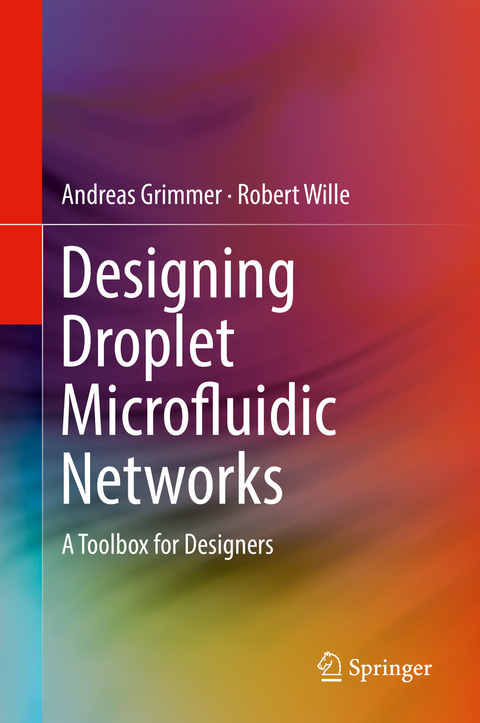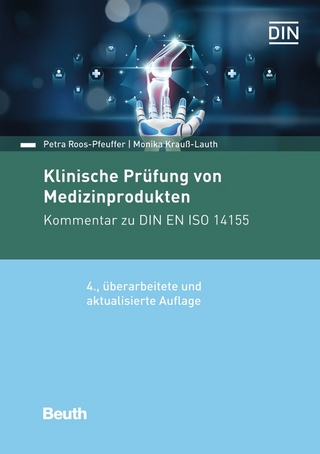
Designing Droplet Microfluidic Networks
Springer International Publishing (Verlag)
978-3-030-20712-0 (ISBN)
- Provides both a comprehensive "toolbox" for designers working on droplet microfluidic networks in general and an integrated design flow for the passive droplet routing mechanism in particular;
- Describes for the first time CAD methods for droplet microfluidic networks, along with the first integrated design process;
- Includes open source implementations, in order to reach the largest possible user group within the domain of microfluidics.
Andreas Grimmer studied Computer Science (Bachelor and Master) at the Johannes Kepler University Linz, Austria. During his studies, he was a student researcher working on program analysis methods at the laboratory for Monitoring and Evolution of Very-Large-Scale Software Systems. Afterwards, he was a researcher and teaching assistant at the Institute of Integrated Circuits, where he completed his PhD in January 2019. His PhD thesis was about the design and simulation of microfluidic devices. Robert Wille studied Computer Science (Diploma) at the University of Bremen from 2002 to 2006. After successfully completing his doctorate in 2009 (summa cum laude), he worked as postdoc at the University of Bremen and, since 2013, as Senior Researcher in the Cyber-Physical Systems department of the German Research Center for Artificial Intelligence (DFKI). Besides that, he served as lecturer at the University of Applied Science Bremen from 2010 to 2012 and was guest professor for Technical Computer Science at the University of Potsdam in 2012 as well as for Embedded Systems at the Technical University of Dresden in 2013/2014. In 2014, he completed his habilitation and, since October 2015, he is full professor at the Johannes Kepler University Linz and head of the Department for Integrated Circuit and System Design. Robert Wille's expertise is in the development of design methods for various technologies and application areas. He considers thereby conventional as well as emerging computing technologies such as quantum computation, reversible circuits, or microfluidic biochips.
Introduction.- Background.- Simulation of Droplet Microfluidic Networks.- Dimensioning of Droplet Microfluidic Networks.- Designing Meanders.- Passive Droplet Routing.- Designing Application-specific Architectures.- Generating Droplet Sequences.- Integrated Design Process.- Summary and Conclusion.
| Erscheinungsdatum | 17.07.2019 |
|---|---|
| Zusatzinfo | IX, 145 p. 41 illus., 23 illus. in color. |
| Verlagsort | Cham |
| Sprache | englisch |
| Maße | 155 x 235 mm |
| Gewicht | 361 g |
| Themenwelt | Medizin / Pharmazie ► Physiotherapie / Ergotherapie ► Orthopädie |
| Technik ► Elektrotechnik / Energietechnik | |
| Schlagworte | Designing Meanders • Fault-Tolerant Digital Microfluidic Biochips • lab-on-a-chip • Microfluidic Devices • Microfluidic Very Large Scale Integration |
| ISBN-10 | 3-030-20712-9 / 3030207129 |
| ISBN-13 | 978-3-030-20712-0 / 9783030207120 |
| Zustand | Neuware |
| Informationen gemäß Produktsicherheitsverordnung (GPSR) | |
| Haben Sie eine Frage zum Produkt? |
aus dem Bereich


